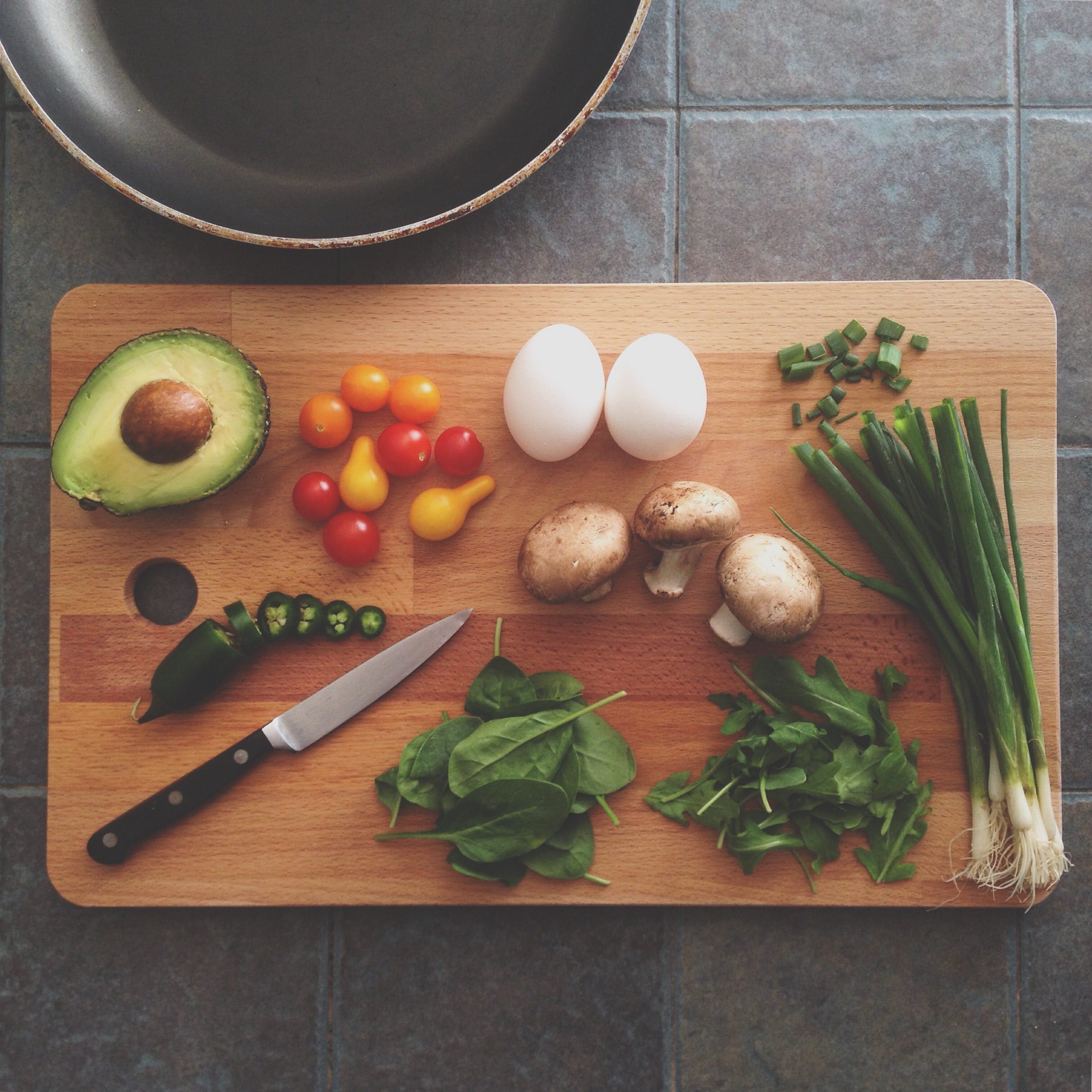- Your cart is empty
- Continue shopping
A new reference diet for the Lancet’s 2019 year of nutrition
-
Umoya Foods
- Posted on
- Categories:Blog
- 0 comments

The Lancet – the famous medical journal that sounds like it should share rooms with Sherlock Holmes and wear a deerstalker hat, has declared 2019 to be the year of nutrition.
They blew away any lingering cobwebs around their Victorian name this week, however, with a bold move. Launching a new diet to keep both us and the planet healthy.
The sugar, the refined grains and the red meat and starchy vegetables that make up so much of our food are definitively bad for us. However, these are the foods that are produced for and marketed to most of us.
Diabetes is everywhere as a result. Obesity, once a rare exceptional state, is now commonplace. Somewhere between one and two billion people worldwide count as obese.
The very same food that is making us ill is taking up vast areas of land. About 40% of the world. Yes, that’s right. Just under half of the planet is given over to agriculture and that’s on land. About two thirds of ocean fish stocks are fished.
There is little space for species other than us and you can see that in the plunging animal populations and rising extinctions.
Here is where the Lancet comes in to offer hope and a way out of both predicaments!
They created a reference diet. And no, this is not a diet to find in a library between dictionaries and fourty year old encyclopedias.
This reference diet gives ranges of quantities of different types of food that we can and should be eating every day. By adjusting what we eat towards these amounts we will making big steps in improving our health and protecting the environment.
How much of what sort of food can we eat and how does that compare to what we eat today?
Protein should be around 56 grams per day for a person weighing 70kgs. The source of protein is not critically important as long as you are getting the full range of amino acids needed to stay healthy. A complete protein whether from meat, fish, nuts, peas or beans is what counts.
Carbohydrates are critical. For all the emphasis on protein that we have at the moment carbs should be the largest provider of energy – about 60%. That 70 kg person can get that with 232 grams per day of whole grains and about 50 grams per day of tubers.
Vegetables. Do we really need to cover this one? Well, anyway. The creators of the diet put the most weight on this. Around 500 grams every day split into 300 grams of vegetables and 200 grams of fruit. That does mean non-starchy vegetables though, so potatoes, corn and peas should not be within this 500 grams.
Added fat sounds counterintuitive in our modern diet. Who goes out to add fat? But this is a critical part of our diets. The Mediterranean diet that keeps you fit and thinking clearly throughout life is famous for its use of extra virgin olive oil. Rapeseed oil also has a great record in improving your health.
About 50 grams per day of added fat is great as long as it is mostly unsaturated vegetable oils.
For those of us already conscious of our diet there should be few surprises here. A few of the big changes to watch for though are reducing starchy vegetables and compensating by boosting whole grains, legumes and fruit and vegetables.
The quality of food is crucial too. Most food sources in our supermarkets are bulked up with nitrogen fertilizer like a steroid. Not only does this emit a lot of greenhouse gases, it also leaves our fruit and vegetables short of minerals. Eating to the new reference diet and selecting foods from sources that are close to us and with minimal extra inputs like fertilizer or chemicals will get us back to the mineral and vitamin balance we are sorely lacking in.
The last word goes to bio-diversity. Put another way, all those living breathing things that are not human. The massive weight in our modern diet on red meat, fish and starchy vegetables means we take that 40% of land and 60% of water from other species.
By limiting ourselves to this diet that is so much better for us we will be limiting the amount of land and water we need to provide our food and saving space for the eco-system that ultimately supports us.
